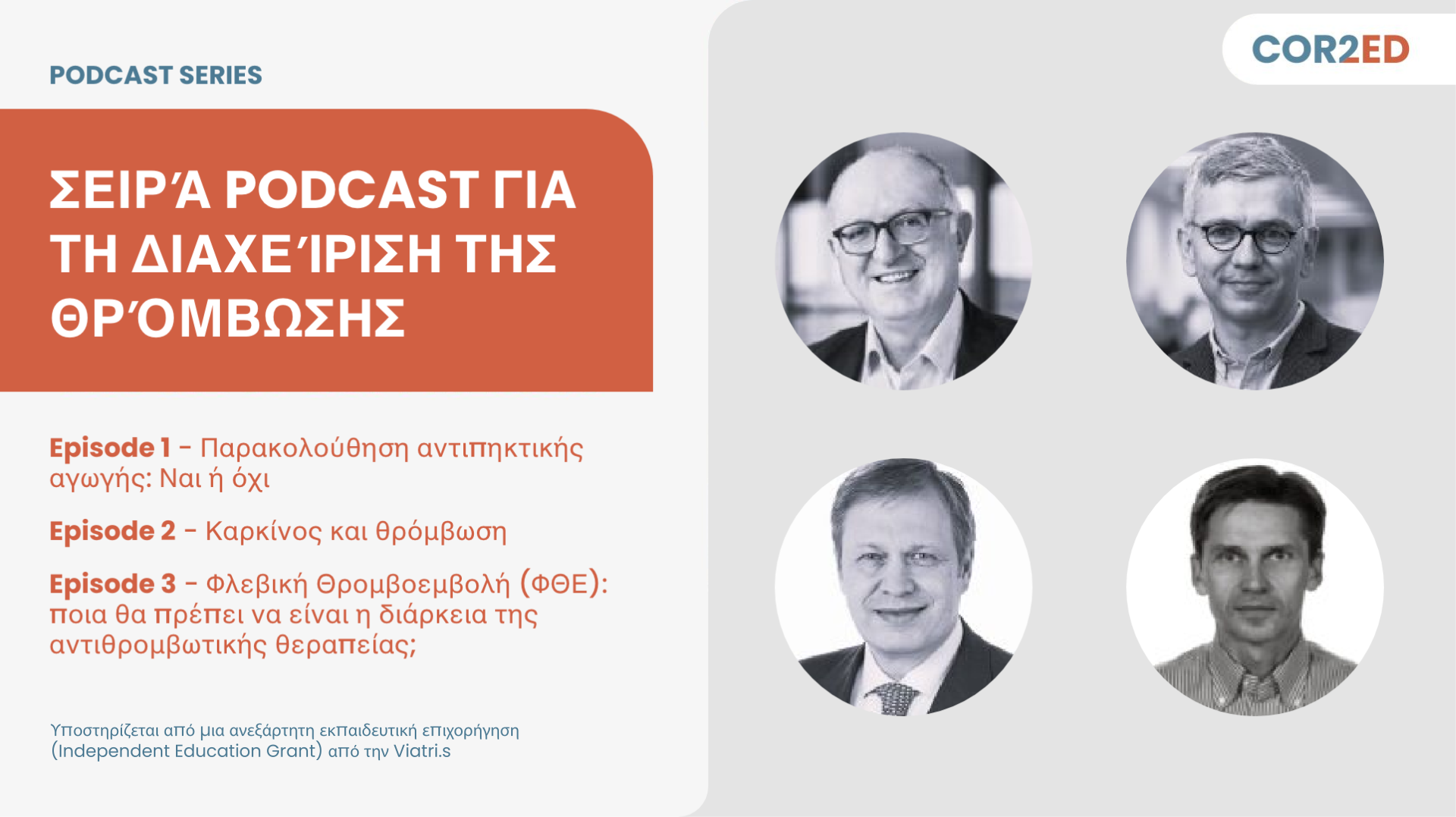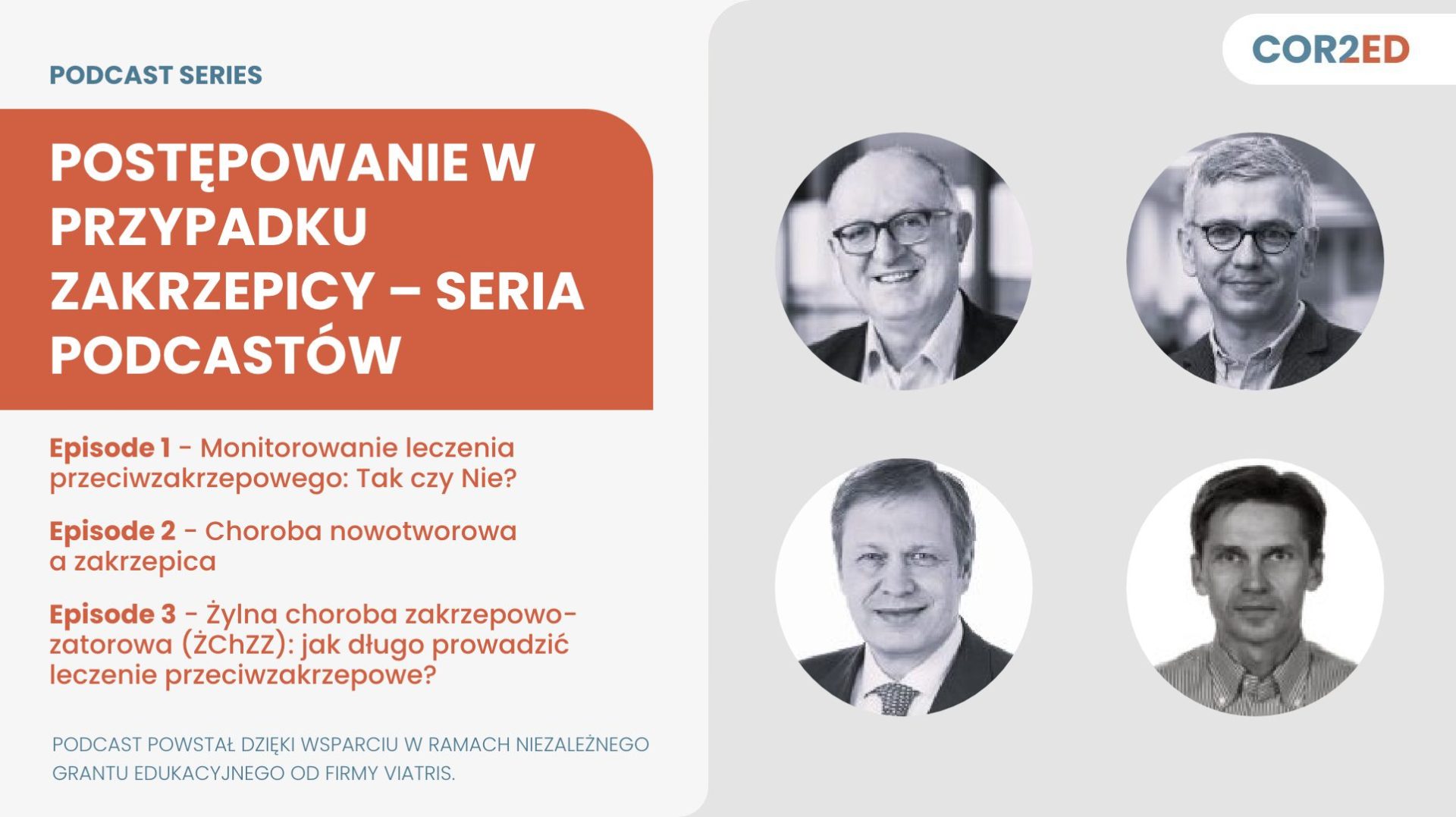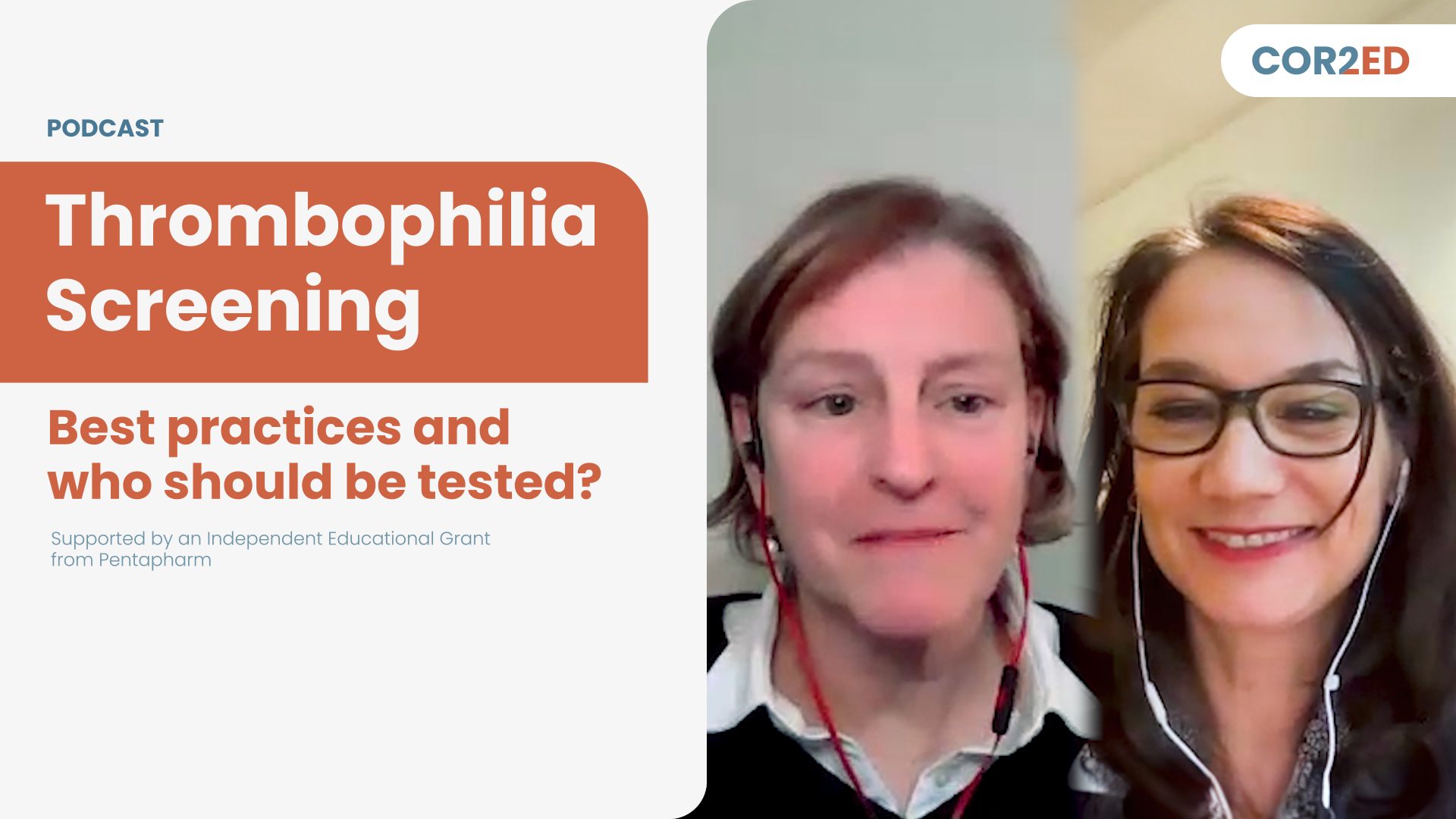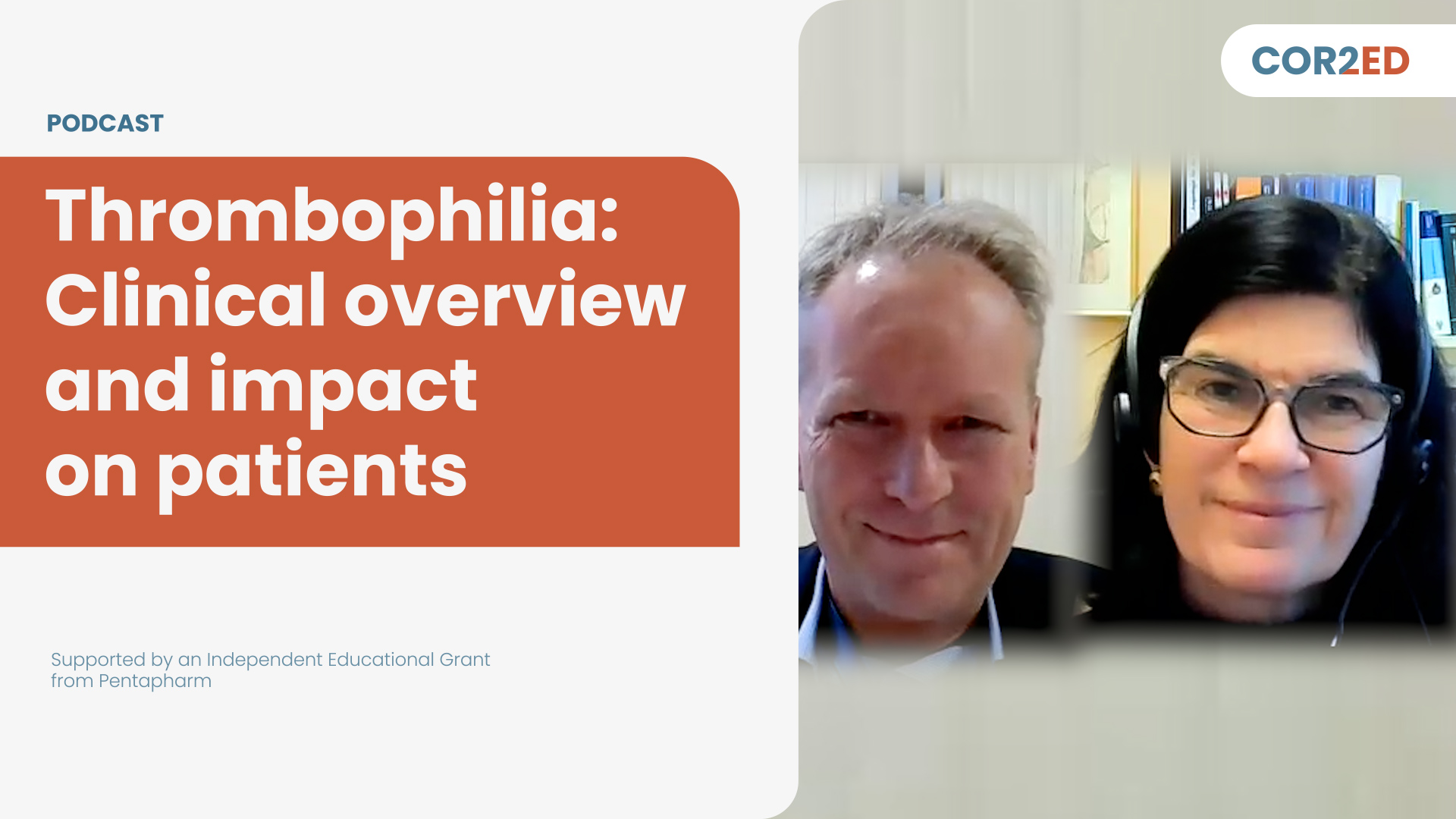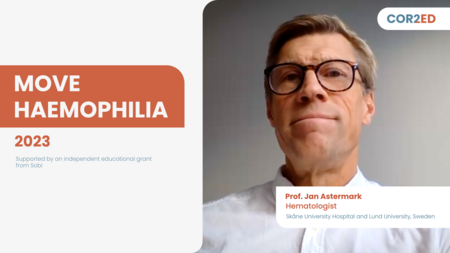Listen to the video with Dr Alison Dougall and Dr Rosa Sonja Alesci and download the slides
Perspectives from Dentist Dr Alison Dougall
Hello, my name is Dr Alison Dougall. I’m a dentist, but I’m a dentist with a special interest in bleeding disorders. I’m a teacher, I’m a researcher but I’m also a consultant dentist and I provide a wide range of care in a comprehensive care centre in Dublin, Ireland. Gum bleeding is consistently cited as a problem for people with von Willebrand disorder and I’m delighted that today we’re going to talk about this.
Gum bleeding is caused by gingivitis
Gum bleeding is a symptom of early periodontal disease, and this is common across the whole population. Bleeding gums are caused by the bacteria in the plaque biofilm which irritate the gums, cause them to be inflamed and then they bleed when you touch them. Bleeding gums is something that’s important to address because if it’s not addressed it progresses to something far more serious, which starts to destroy the underlying tissues.
Duration of bleeding: when to refer to a haematologist?
Patients with gingivitis would usually only have a few seconds bleeding. If something bleeds for much longer than that, then I think this is a real symptom of: number one that the patient has gum problems, but number two that there may be something underlying. So, I think it’s important that when we’re asking people do their gums bleed, we ask them: ‘how long do your gums bleed for?’ Gums bleed in most of the population but it’s the amount of bleeding which I think is the key to unlocking whether there is a bleeding disorder or not.
Normally after we extracted a tooth, it would stop bleeding after four or five minutes. If we saw somebody with an extended bleed or somebody come back with bleeding we would look and see, first if there was any local trauma or anything like that, but if we couldn’t see a real cause we would then start to think what’s the underlying cause here, and at that point I think we would usually, in our textbooks, be told to refer to a medical practitioner. I think there is a big education piece here that means that people perhaps would need to think about referring to a haematologist.
Dental care in patients with von Willebrand disease
The trouble is that patients are often scared of going to the dentist when they’ve got a bleeding disorder. Or they actually think those bleeding gums are due to the condition itself. So I think that really important is two things here:
- We need to educate dentists that if they see patients who are bleeding more than they would expect from bleeding gums, that this can be due to an underlying disorder. Often it can be diabetes or pregnancy, but dentists don’t know that much about the existence of von Willebrand disorder.
- The World Health Organisation has recognised this needs to be a team approach, that we need the whole medical team to be educating patients, to be asking them and to be supporting them to actually seek care. And I think it’s really important that we set up patients with a regular dentist who also feels supported by the haematology team.
Key messages
I think that the key message is that healthy gums don’t bleed even if you’ve got von Willebrand disorder. The bleeding is not due to the von Willebrand disorder, it’s due to the gum inflammation and this can be treatable, reversible, especially when caught early and I think that’s the key message that the whole team need to be working with.
Perspectives from Haematologist Sonja Alesci
You just heard a lot about gum bleeding from Alison. Now I’m happy I can share a my ideas about the perspective of a haematologist. My name is Sonja Alesci, I’m the head of a private institute of Blood Coagulation Disorders, but I’m also doing research, I’m a member of working groups and I’ve worked in the University Hospital for many years.
Multi-disciplinary approach is key
Like Alison, I’m a fan of the multi-disciplinary approach. So, if you have patients with abnormal gum bleeding and you think it makes sense to send them to the haematologist: just do it, because we can help you to find out if the patient has a bleeding disorder.
Von Willebrand disease is the most common bleeding disorder. We would ask the patient for things like easy bruising, family history, postpartum bleeding or heavy menstrual bleeding. Then we have to do a lot of laboratory tests. It’s difficult to detect von Willebrand disease because it belongs to the acute phase proteins. Sometimes we need two examinations.
Therapeutic options
Let me say some words about the different therapeutic options. The treatment depends on the type of von Willebrand disease and on the day-to-day bleeding symptoms of the patient.
Sometimes patients only need tranexamic acid, which is very easy to use for patients.
Sometimes they need DDAVP once, or maybe twice. If the patient is able to use it as nasal spray, this is also quite easy. DDAVP should be given one hour before the surgery, and then potentially again twelve hours later. It is important to know that the patient should not drink more than 1.5 litres on this day.
Some patients need factor replacement therapy. In that case, I think it’s very important to plan the surgery, so we can help you and do the factor replacement therapy one or two hours before this surgery. We also have to plan a potential second shot the patient may need. Then it’s important to discuss when and where to do this, for example in the evening.
The other thing is the pain medication. It’s good to use the right pain medication, which has no anti-platelet effects.
Close
Normally patients shouldn’t bleed after the surgery. I think that if we talk together and find a good way to plan the surgery for the patient, we shouldn’t see any problems.
I’m very happy and hope I could give you some guidance that will impact your daily practice when handling your patients. Thank you very much.
Rosa Sonja Alesci, MD, health economist, underwent medical training at the Goethe University Hospital Frankfurt, Germany. She started her internal medicine training at Mannheim University Hospital and received her MD at the Ruprecht-Karls-University of Heidelberg. She is currently the director of the IMD blood coagulation centre (Bad Homburg/Frankfurt/Wiesbaden). She deals with one of the biggest cohort of patients with VWD in Germany. She was awarded with the Achieve Program in 2010 and wass the winner of the Hermansky lecture regarding treatment of the VWD also in 2010. Since 2007, she has led and/or developed several investigational clinical trials for patients with bleeding disorders either as study chair, principal investigator or site principal investigator. She is an active member on the „Arbeitskreis Hämostaseologie“ of the German Society of Hematology and Oncology (DGHO) and member of the mecidal advisory board of the „German alliance for security of Hemophilia“. Further, she works unsalaried together with patient organisations. Her activity has been mainly focused on several aspects of clinical research in von Willebrand disease, rare bleeding disorders and ITP. In particular, she is an expert in the question of anticoagulation in patients with haemorrhagic diathesis and in treatment of pregnancy in those patients.
Bayer, CSL Behring, Grifols, Novartis, Novo Nordisk, Sobi and Takeda.
Dr Alison Dougall is the Dental Consultant in Medically Complex Patients at Dublin Dental Hospital and Director of the Doctorate Programme in Special Care Dentistry at Trinity College Dublin. She educates dentists at undergraduate postgraduate and specialist level has led oral health services for people with a wide range of rare bleeding disorders at the National Coagulation Centre in Dublin for 15 years and has published a significant number of peer reviewed research papers in this area. She is the former chair of the dental committee of the World Federation of Haemophilia and is on the Medical Advisory Board of the European Haemophilia Consortium. She is currently the President of the International Society for Disability and Oral Health in 2017 she was voted the HMI Health Leader of Ireland for her work developing integrated oral health care pathways for people with inherited bleeding disorders.
Other programmes of interest
Serie de podcasturi referitoare la gestionarea trombozei
Experți de renume din domeniul medical își împărtășesc perspectivele. Navigați în secțiuni pentru a selecta un episod al podcastului
Experts
Prof. Dimitrios Tsakiris, Dr Lars Asmis, Prof. Jerzy Windyga, Prof. Daniel BolligerΣειρά podcast για τη διαχείριση της θρόμβωσης
Αναλύσεις από καταξιωμένους ειδικούς ιατρούς. Πλοηγηθείτε στις καρτέλες για να επιλέξετε ένα επεισόδιο podcast
Experts
Prof. Dimitrios Tsakiris, Prof. Michael Nagler, Dr Lars Asmis, Prof. Jerzy WindygaPostępowanie w przypadku zakrzepicy – seria podcastów
Uznani eksperci dzielą się swoimi spostrzeżeniami. Kliknij na odpowiednią zakładkę, aby wybrać odcinek podcastu.
Experts
Prof. Dimitrios Tsakiris, Prof. Michael Nagler, Dr Lars Asmis, Prof. Jerzy WindygaThrombophilia testing: Who to test and when?
Episode 2 - Medical experts discuss the controversies around thrombophilia testing, review the current ASH guidelines and share their views on best practice
Experts
Prof. Saskia Middeldorp, Prof. Jean ConnorsThrombophilia: Clinical overview and impact on patients
Episode 1 - Experts discuss the main causes and symptoms of thrombophilia, and potential implications for the patient
Experts
Prof. Cedric Hermans, Prof. Sabine EichingerMOVE Haemophilia 2023
Implementing international guidelines and best practices for hemophilia in clinical practice
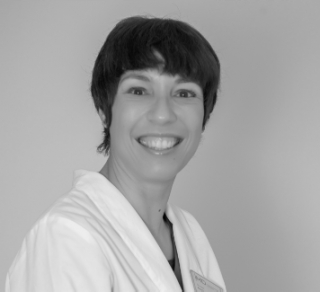
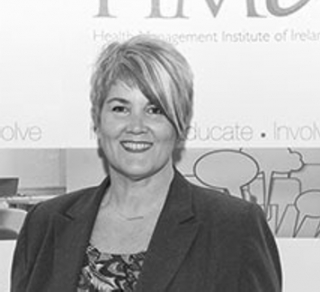
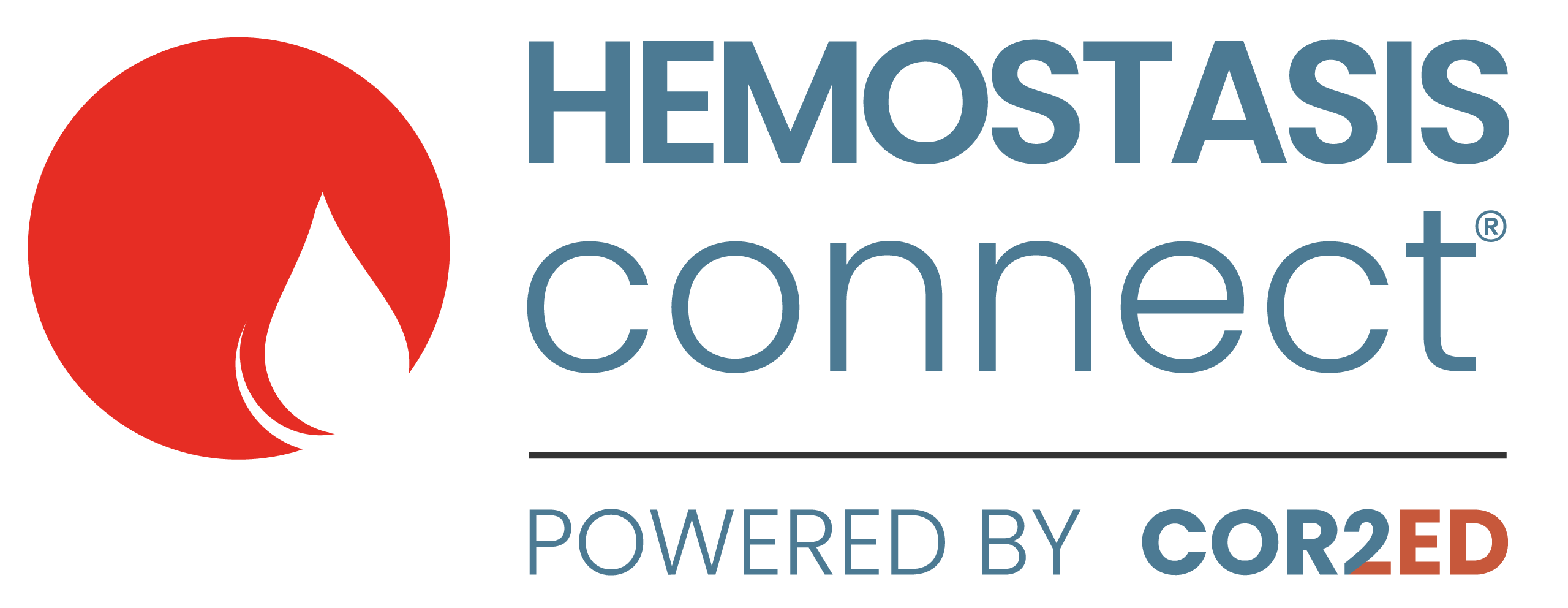

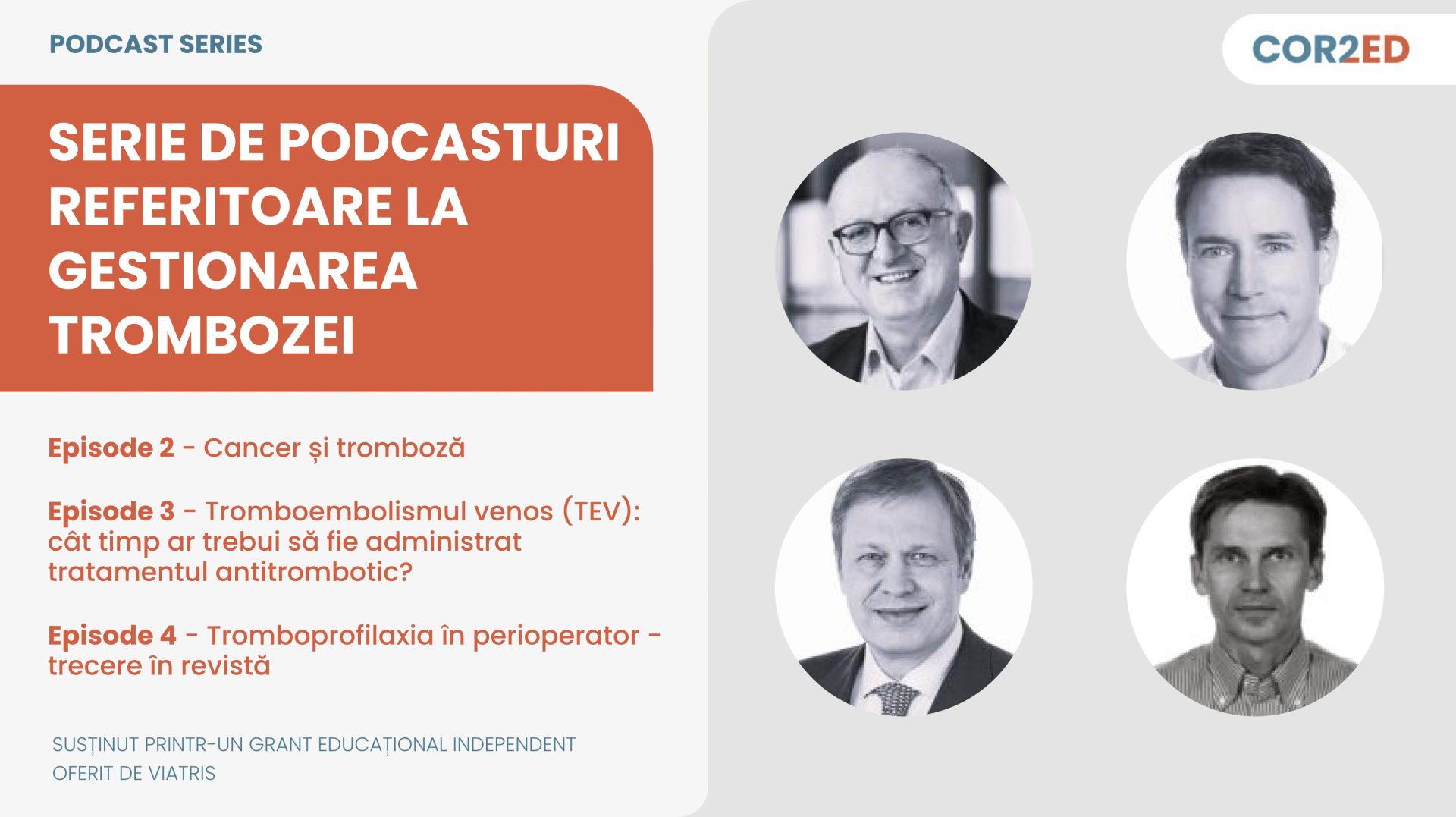
 Downloadable
Downloadable  28 MIN
28 MIN
 May 2025
May 2025 
